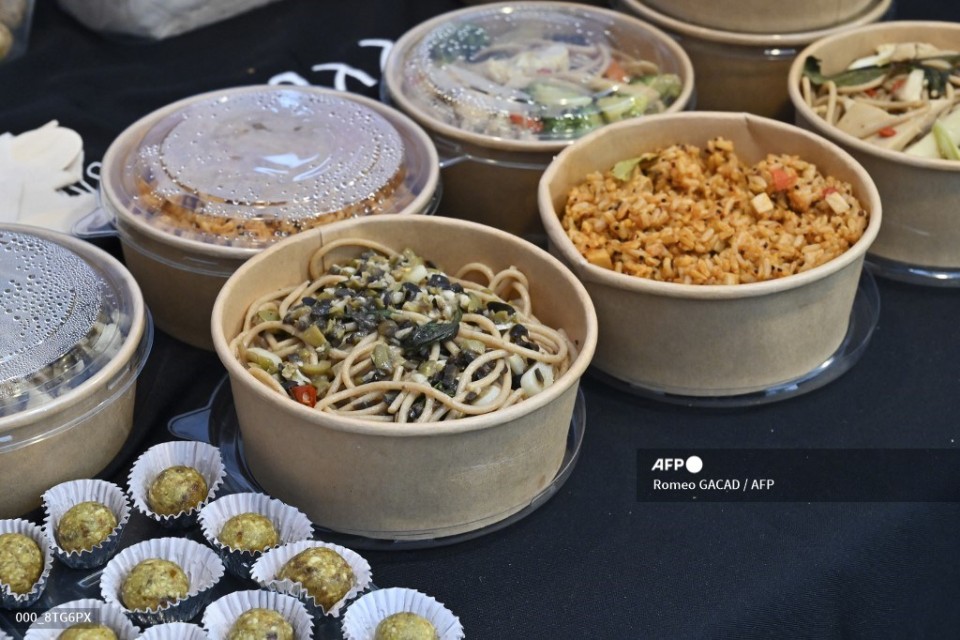
Bangkok, Thailand (AFP)
Thailand will raise the price of Thai instant noodles, the trade department said Wednesday, marking the first price increase on the must-have daily staple in 14 years.
The kingdom’s economy has not bounced back after fully re-opening to tourists earlier this year, and has been battered by 14-year-high inflation and the economic knock-on effects of the Russian-Ukraine war.
Prices of instant noodles are capped by Bangkok at six baht ($0.16) per packet but anxious major producers had urged the government to raise the limit to eight baht, citing spiralling costs.
The internal trade department confirmed to AFP that it would approve an increase to seven baht per regular-sized packet, effective from August 25.
The news comes after five major Thai instant noodle producers — Wai Wai, Mama, Yam Yam, Sue Sat and Nissin — petitioned the department for a rise.
“We are facing rising commodity prices, oil prices for export,” explained Veera Naphaprukchart from Thai Preserved Food, part of popular brand Wai Wai.
The price of wheat flour rose roughly 20-30 percent and the price of palm oil had doubled, he said.
Veera blamed rising costs on Russia’s invasion of Ukraine, which was a major supplier of wheat to the kingdom prior to the conflict.
Pipat Paniangvait, of Thai President Food, said the price of instant noodles was last increased in 2008.
Producers’ issues have been compounded by the high export costs — thanks to rising oil and wheat prices — meaning selling abroad is not viable either.
“In the past, we were selling more outside Thailand to curb the situation here as we can not raise the price freely,” he said.
The trade department said it would continue to monitor the cost of production and indicated it could adjust the price accordingly.
© Agence France-Presse







